
A Call to Reclaim Our Values: The Truth Behind Pride Day
As Canada prepares to mark another Gay Pride Parade on June 29, 2025, a critical question looms: at what cost does a minority’s influence reshape the values of an entire nation? Representing just 0.33% of the population, the transgender and non-binary community holds unprecedented sway over education, government, and societal norms, challenging the rights of the 99.7% who cherish faith, family, and tradition. This article calls for reflection and unity to defend the natural order and the future of humanity against a cultural shift that threatens the very roots of our existence.
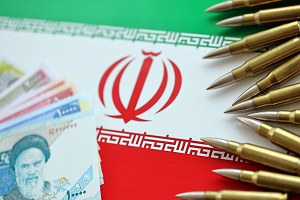
Iran’s Leadership and the Muslim Ummah
The Muslim Ummah, once unified under the Khilafah, has long been fragmented into nation-states, its collective voice stifled. Yet, a new dawn is rising from Iran, where Ayatollah Sayyid Ali Khamenei’s leadership is reigniting the call for unity and resistance against oppression. This article explores Iran’s strategic and spiritual leadership, its revolutionary legacy, and its role in galvanizing the Muslim world, drawing on Allama Iqbal’s vision and the resilience shown in the 2025 Iran-Israel conflict.
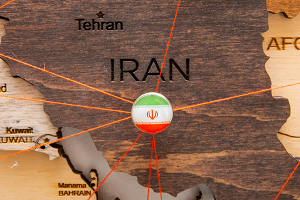
The Power of Iran
The Power of Iran unveils the nation’s pivotal role in reshaping the Middle East’s balance of power. Amid the ongoing struggle for Palestine’s liberation, fueled by the spirit of Intifada and Hamas’s resilience, Iran has emerged as a formidable force challenging Israel and its Western allies. From supporting Palestinian resistance to countering Israeli aggression with advanced military technology, this article explores Iran’s ideological zeal, strategic prowess, and unwavering commitment to the Palestinian cause. Dive into the narrative of a nation that has defied global powers and altered the geopolitical landscape.
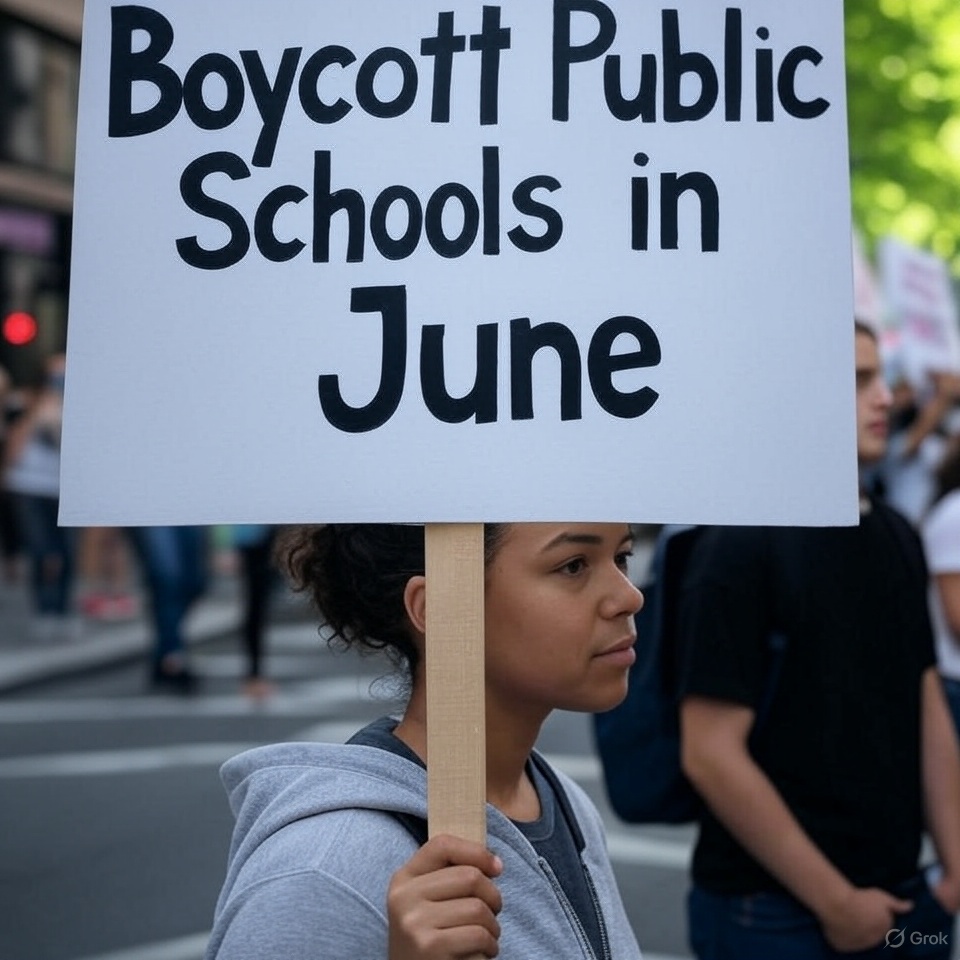
June: Parents, Be Aware! Protect Your Children from Fahish Celebrations
June is a month of Pride celebrations, which we believe go against our religious faith and values. We suggest that parents in Ontario (and other provinces) keep their children out of public schools in June. If you can’t do the whole month, at least skip the first week.

Israel, India, Pakistan, Palestine, and Kashmir
The geopolitical tensions between Pakistan, India, and Israel are not merely regional conflicts—they are deeply rooted in ideology, history, and global alliances. This article explores how recent Indian aggression against Pakistan is seen as an extension of Israeli military strategy, the ideological foundations of Pakistan’s support for Palestine, and the growing military and ideological cooperation between Israel and India. It also highlights Pakistan’s strategic responses, the water conflict, and the call for unity across the Muslim world and even among Christians in light of shared prophetic beliefs.
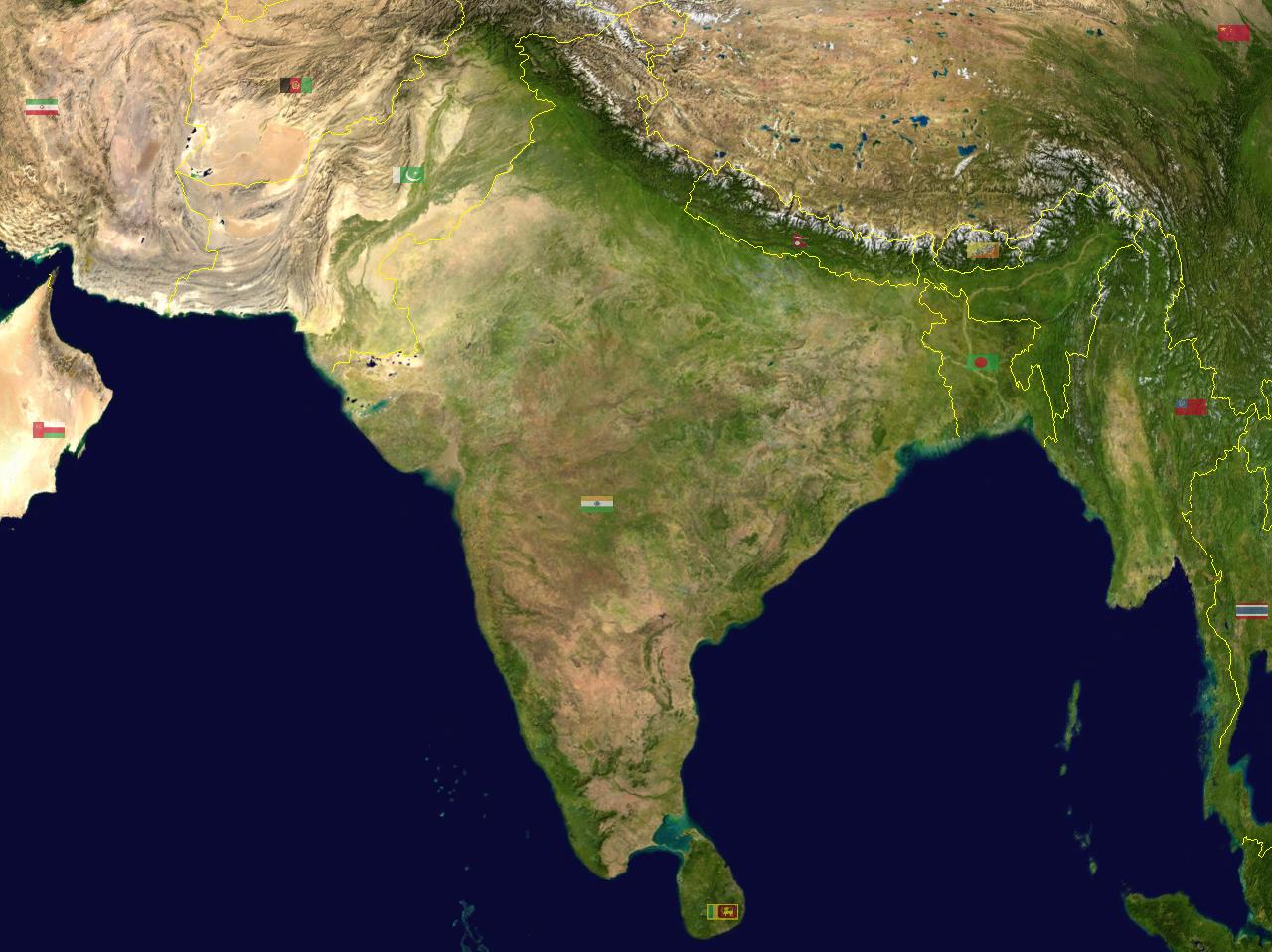
Mahabharata, Ghazwat-ul-Hind, and the Pakistan-India War
The article explores the possible connection between the legendary Hindu epic Mahabharata and the Islamic prophecy of Ghazwat-ul-Hind, arguing that both point to a future end-times battle between truth and falsehood. It examines religious texts, current geopolitical developments, and recent escalations between Pakistan and India to suggest that these prophecies may be unfolding in our time, with global implications for justice, peace, and the role of the Muslim world.
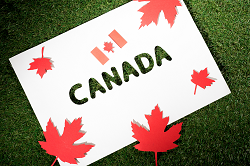
Canada Election 2025 Results and Our Political Strategy
The 2025 Canadian federal election resulted in another minority government led by the Liberal Party under Prime Minister Mark Carney. While the Liberals secured 169 seats, just short of a majority, the election reaffirmed Canada's entrenched two-party system, sidelining independents and smaller parties. In this thought-provoking analysis, Jawed Anwar critiques the limitations of Canada’s electoral framework and advocates for systemic change rooted in Islamic principles, contrasting the current system with the Prophetic model of governance.
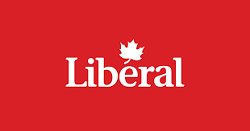
Liberals Propose to Revoke Charitable Status for Religious Organizations
The Liberal Party’s hidden agenda to revoke charitable status for religious organizations could have devastating consequences for faith communities across Canada. As eleven Imams align themselves with Liberal campaigns, serious concerns arise about the future of religious freedom. Lee Harding exposes this critical but overlooked election issue in Niagara Independent.
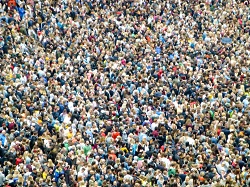
Shape the Muslim Future Like the "Nation of Lut" or the "Nation of Zionists"?
This article challenges the recent call by eleven Canadian Imams urging Muslims to vote, questioning whether this political engagement aligns with Islamic principles. It critically examines the notion that voting is a religious duty, especially when mainstream parties support policies that contradict Islamic teachings. Drawing on Qur’anic verses and scholarly views, the author argues that participation in a system that upholds laws contrary to divine guidance may amount to shirk (polytheism), and urges Muslims to reflect deeply on the religious implications of their political actions.
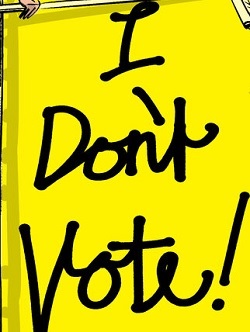
Voting for a Fāḥishist or a Zionist?
In recent times, some liberal Imams and self-proclaimed Muslim leaders in Canada have been urging the Muslim community to vote, labeling it as both a "civic" and "religious" duty. But is this claim true according to Islamic teachings? This article challenges that narrative, calling Muslims to reflect on who they are supporting at the ballot box — and whether those choices align with the commands of the Qur’an and Sunnah.
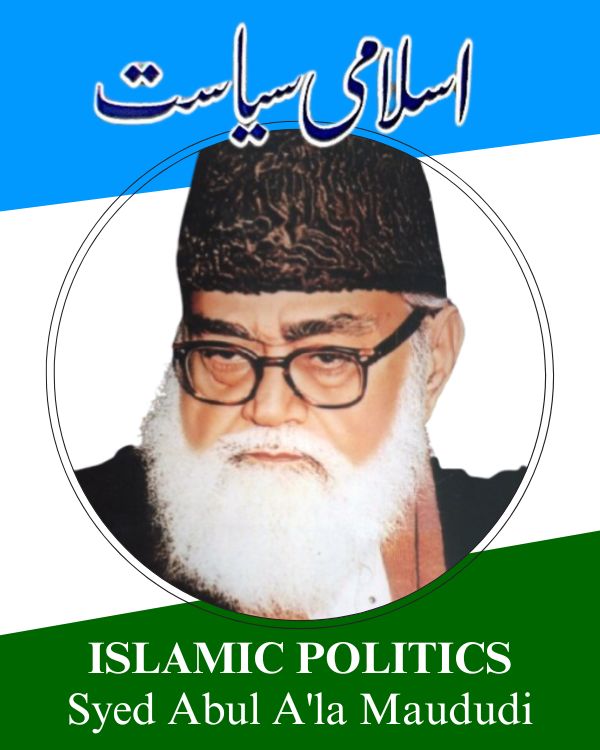
Membership of the Legislative Assembly from the Islamic Perspective
This article explores the Islamic viewpoint on becoming a member of a legislative assembly, based on the writings of Syed Abul A‘la Maududi (RA). Originally published in 1945, during British rule in India, Maulana Maududi’s response addresses whether Muslims can participate in democratic assemblies founded on the concept of human sovereignty. His powerful argument explains why such systems contradict the core Islamic belief in the Oneness of Allah (Tawheed) and why joining or supporting them through voting can be religiously impermissible.
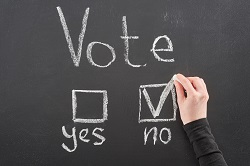
Reviving Islamic Politics: Our Duty to Establish Deen and Reject Taghut
In today’s world, where secular and liberal ideologies and systems dominate, the Muslim Ummah must reawaken its responsibility of establishing Islam not just in personal life, but in society, politics, and governance. This article explores how believers can revive the prophetic mission, reject the systems of falsehood (Taghut), and work towards re-establishing the system of Khilafah through peaceful, principled, and strategic efforts rooted in the Qur’an and Sunnah.
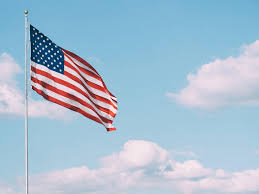
What Makes a Nation Great?
Jawed Anwar WOULD Mr. Donald Trump’s MAGA (Make America Great Again) plan be successful? The answer is both yes and no. It is conditional. First, we must understand what makes a nation great.
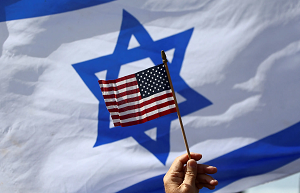
Say Anything Against America, But Not Against Israel
IN the United States, criticism of the government, military, and state policies is not only tolerated but often encouraged as a hallmark of democracy. However, when it comes to Israel, the same principles of free speech do not seem to apply. Criticizing Israel in America is frequently labeled as "antisemitism," and those who do so risk serious consequences from both the government and institutions. All of America's proclaimed values—democracy, human rights, free speech, liberty, freedom of expression, justice, equality, rule of law, individual rights, civil liberties, fairness, diversity, tolerance, religious freedom, and human dignity—appear to be disregarded when the subject of Israel arises.
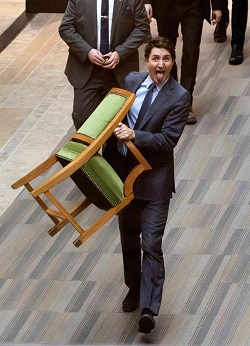
Justin Trudeau Left a Filthy Legacy
Jawed Anwar OTTAWA has changed the guard. The new Prime Minister is Mark Carney. Justin Trudeau has left the same filthy legacy for the nation that Dalton McGuinty and Kathleen Wynne left for Ontario. I wrote an open letter to Justin Trudeau on July 21, 2023, offering well-intentioned advice. I urge him to read it again—now he has plenty of time to reflect and ponder.
Featured posts
-

A Call to Reclaim Our Values: The Truth Behind Pride Day
(Views: 525 ) 29 June 2025 -

June: Parents, Be Aware! Protect Your Children from Fahish Celebrations
(Views: 1024 ) 28 May 2025 -

Canada Election 2025 Results and Our Political Strategy
(Views: 1739 ) 01 May 2025 -

Shape the Muslim Future Like the "Nation of Lut" or the "Nation of Zionists"?
(Views: 1899 ) 25 April 2025
